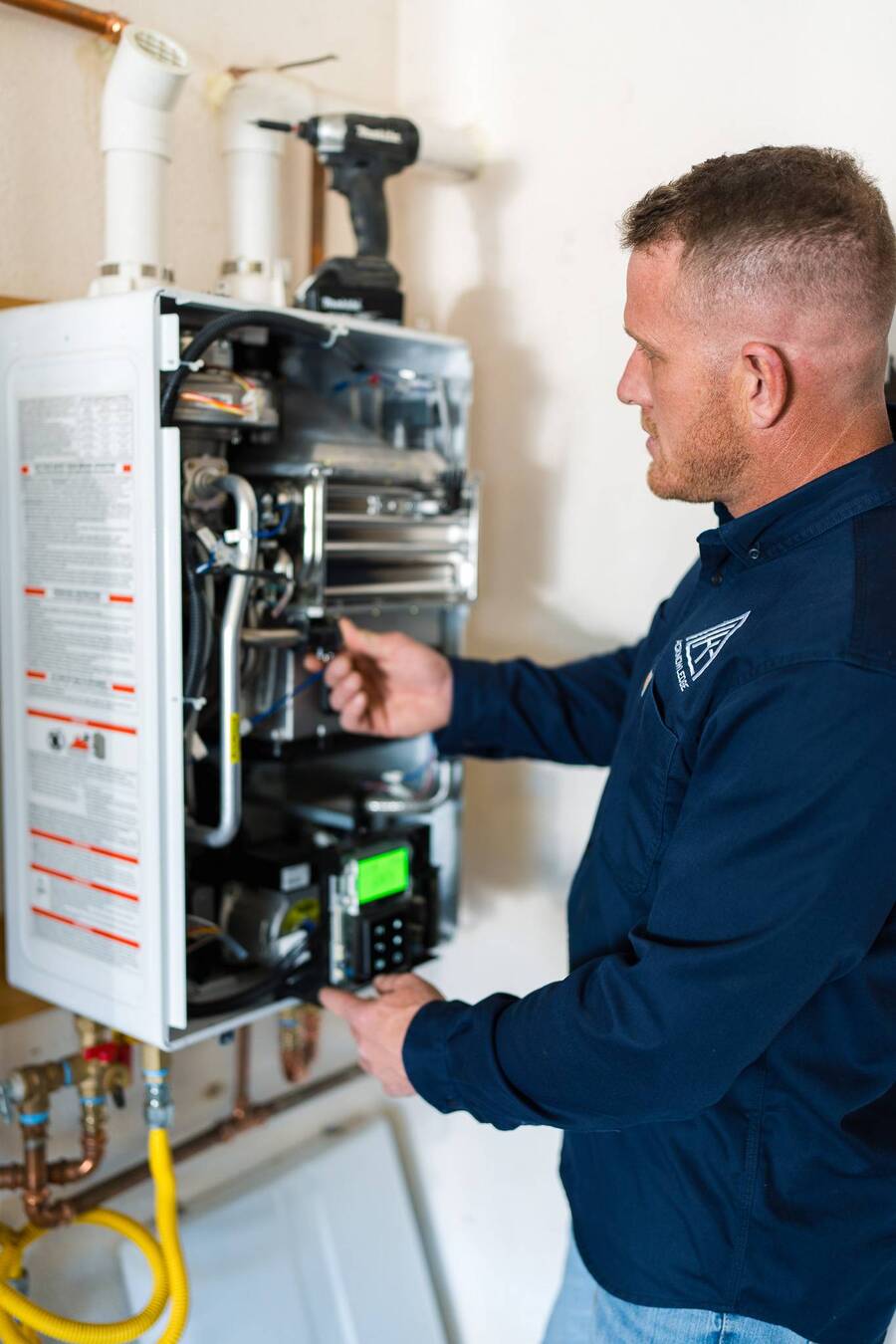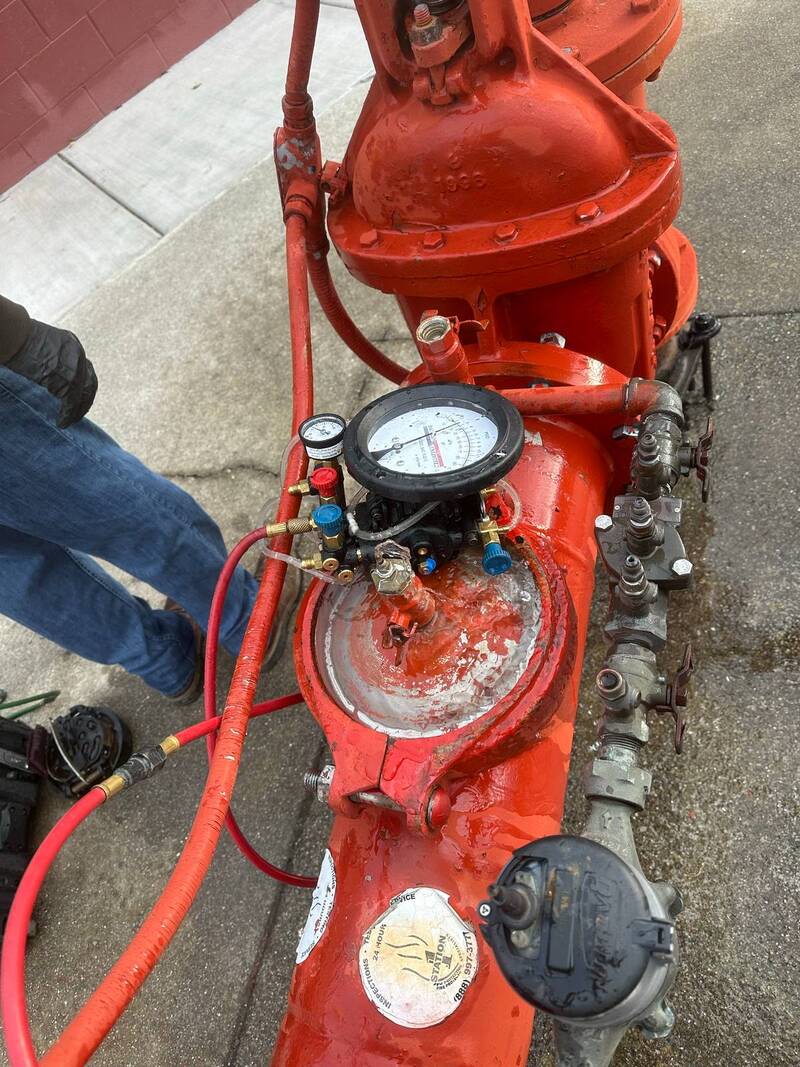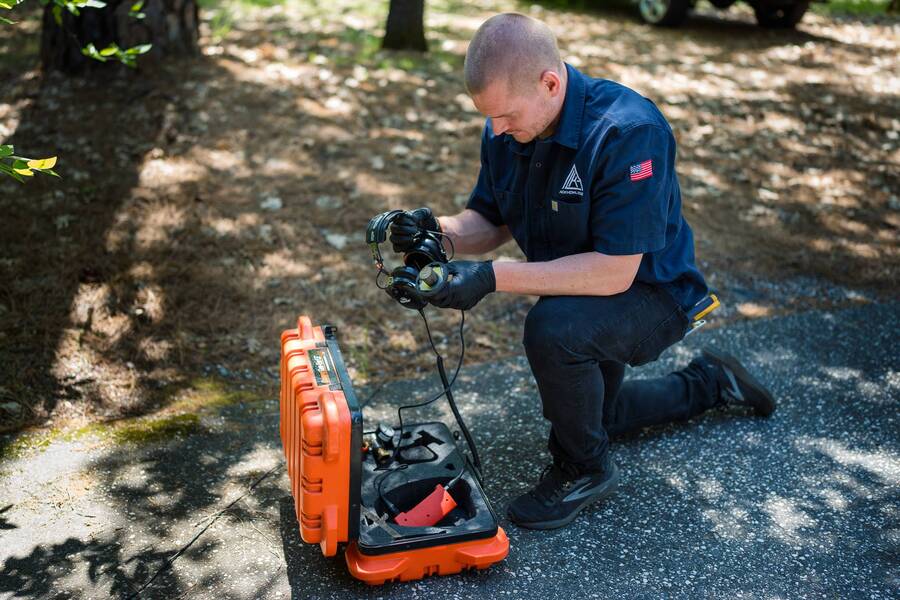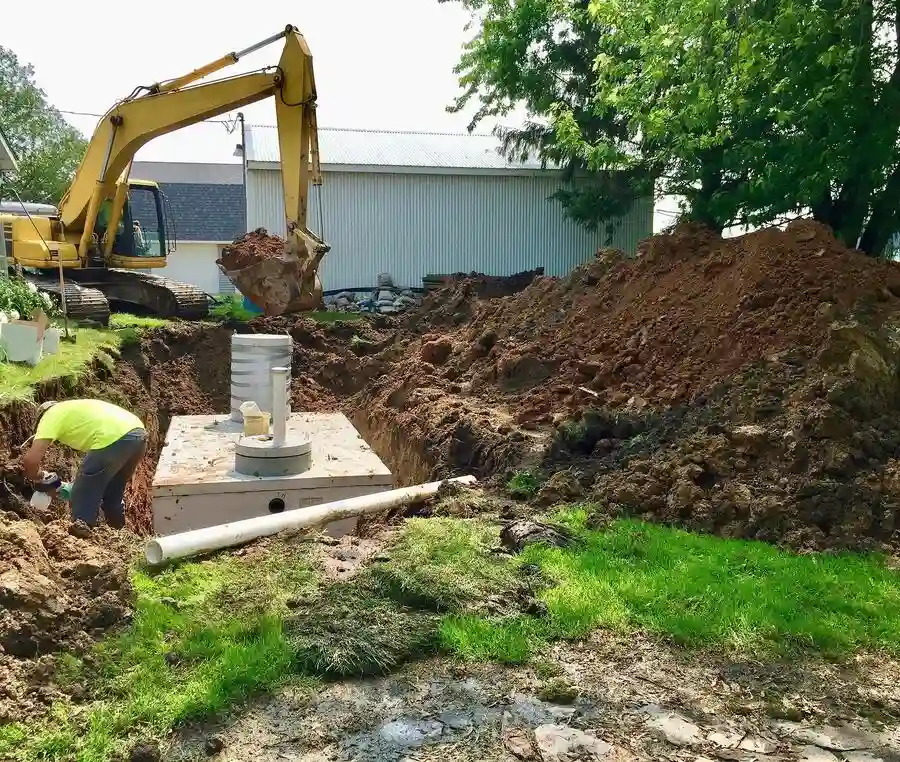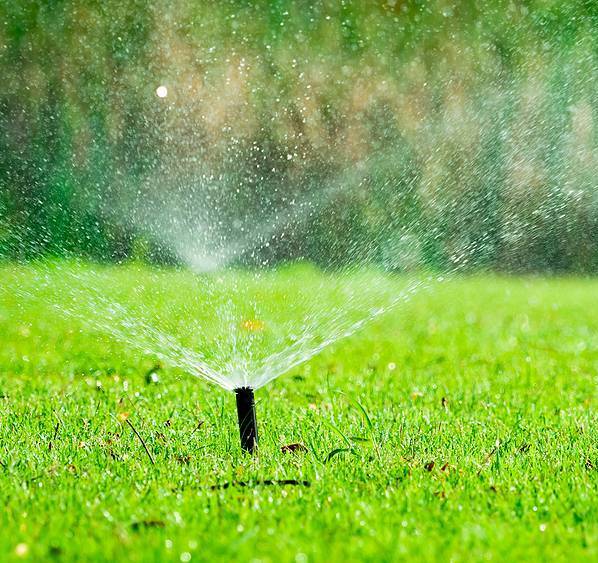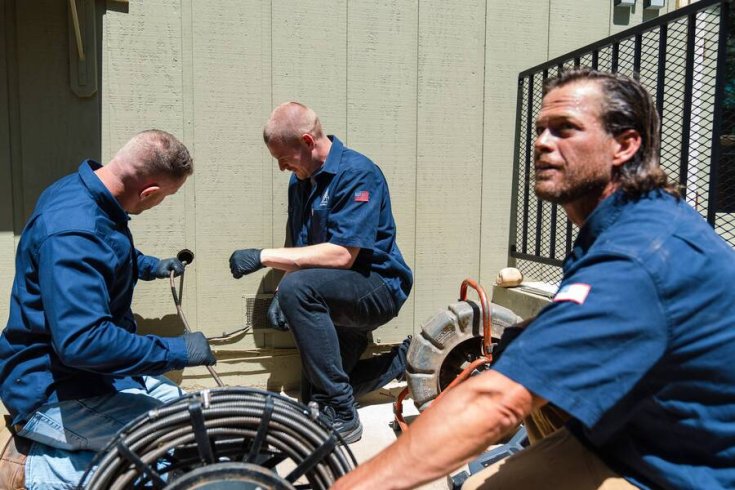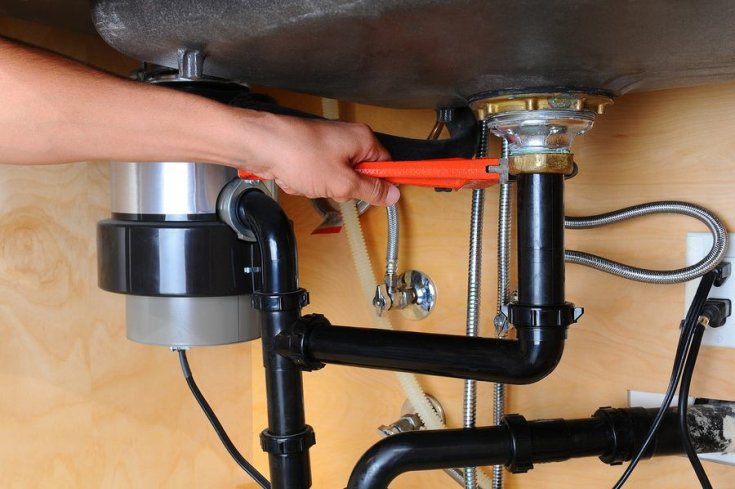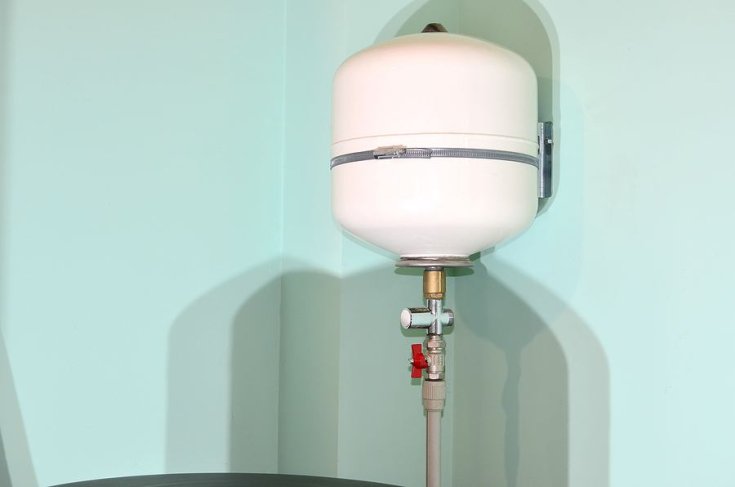Aug 16, 2025 When you turn on the tap for a hot shower or start the dishwasher, you expect your water heater to work, but this dependable appliance operates under constant pressure and heat, and eventually, serious safety hazards can develop. Many homeowners don’t realize that water heaters are one of the most potentially dangerous appliances in the home when they begin to fail. Acknowledge Plumbing is here to help. Safety starts with awareness. Knowing the signs of trouble can help you avoid damage, prevent injuries, and extend the life of your system. Let’s look closely at the warning signs you should never ignore.
Unusual Noises Coming From the Tank
A water heater in good condition runs with very little sound. If you begin to notice popping, rumbling, knocking, or banging noises, it’s probably from sediment buildup inside the tank. Minerals from the water settle at the bottom and harden into a thick layer that traps heat beneath it. The extra heat causes water to boil unevenly and creates a lot of strange sounds. It also forces the heater to work too hard, which raises internal pressure and puts extra stress on your tank. As the pressure continues to increase, so does the risk of a leak. Ignoring these noises can shorten the lifespan of the appliance and raise your energy bills. Sediment buildup also reduces efficiency and can damage internal components. A professional plumber can flush your tank to remove sediment before the damage becomes irreversible. If the sounds persist after a flush, it might mean the tank lining has already been compromised, and replacement could be the safest choice.
Rust-Colored or Cloudy Hot Water
If hot water from your taps is discolored, rusty, or cloudy, it’s a sign that metal parts inside your water heater may be corroding. The most common cause is a failing anode rod, which is supposed to attract corrosion away from the steel tank walls. Once the rod is used up, the tank itself begins to rust. Rust in your water is a warning that the structural integrity of your heater is weakening. If it goes unchecked, corrosion can eat through the tank and cause leaks and expensive water damage. Sometimes discolored water is caused by rust in your plumbing system rather than the heater itself. A plumbing repair service can test the water to identify the source. If the heater is to blame, replacing the anode rod may buy you more time, but if the rust has already penetrated the tank, replacement is the only safe option.
Backflow happens when contaminated water from outside your pipes reverses direction and…
Read More Water leaks, whether apparent or hidden, are a homeowner's nightmare. They can…
Read More When expanding your living space with an Accessory Dwelling Unit or a…
Read More From unexpected backups to soggy lawns, the signs of a failing septic…
Read More Do you want to keep your lawn and garden lush and vibrant,…
Read More Our Services
Acknowledge Plumbing provides 24-hour residential and commercial plumbing repair & installation services in Sacramento County and all surrounding areas. Call our office now to schedule a nearby plumber.
Leaks Around the Base or Connections
A small puddle around the base of your water heater can be an early warning of bigger problems. Even slow leaks indicate that water is escaping somewhere it shouldn’t, whether from cracks in the tank, loose fittings, or worn-out valves. One component to watch closely is the temperature and pressure relief valve. This valve releases water if the internal pressure becomes dangerously high to prevent an explosion. If it’s leaking constantly, it may be failing, or the tank could be over-pressurized, which is a serious safety concern. Leaks can also lead to hidden water damage, mold growth, and structural issues in your home. Calling for water heater repair as soon as you notice moisture is the best way to avoid further damage and keep the system safe.
Temperature Fluctuations or Overheating
Your water heater should deliver a consistent temperature that’s safe for use. If your water runs cold unexpectedly or shifts between lukewarm and scalding hot, the thermostat may be failing. Overheated water can cause burns, especially for children. Sudden temperature changes can also be a symptom of sediment buildup, a failing heating element, or issues with the gas burner. These problems reduce efficiency and place extra strain on the tank, which increases the risk of failure. A plumber can diagnose whether the problem is electrical, mechanical, or related to water quality. In many cases, a repair or part replacement can restore stable temperatures and improve safety.
A Strong Metallic or Rotten Egg Smell
Unusual odors from your hot water are a clear sign that something isn’t right. A metallic smell can indicate rust inside the tank. A rotten egg odor usually means bacteria have built up in the water because of a failing anode rod or prolonged stagnation inside the tank. The smell itself isn’t always harmful, but the conditions causing it can damage your water heater or contaminate your water supply. In some cases, bacterial growth can be taken care of by flushing the tank and replacing the anode rod. If you have a well system, additional filtration or water treatment may also be necessary.
The Age of Your Water Heater
Most units last somewhere between eight and twelve years, depending on water quality and maintenance. Once a system reaches the ten-year mark, it’s more likely to develop leaks, corrosion, and mechanical failures. If your heater is in this age range and showing any of the warning signs above, it’s time to have it evaluated. Sometimes a plumbing repair service can extend its life, but in many cases, replacement is the safest and most cost-effective choice.
Do You Need a Water Heater Repair or Upgrade?
Delaying repairs usually makes problems worse. A leaking tank can cause thousands of dollars in water damage and corrosion can lead to sudden failure, so take care of issues early to save energy and reduce utility bills. If you’ve noticed any of these warning signs, contact Acknowledge Plumbing today. We’ll evaluate your system, handle any safety concerns, and recommend the most effective solution for your home.


